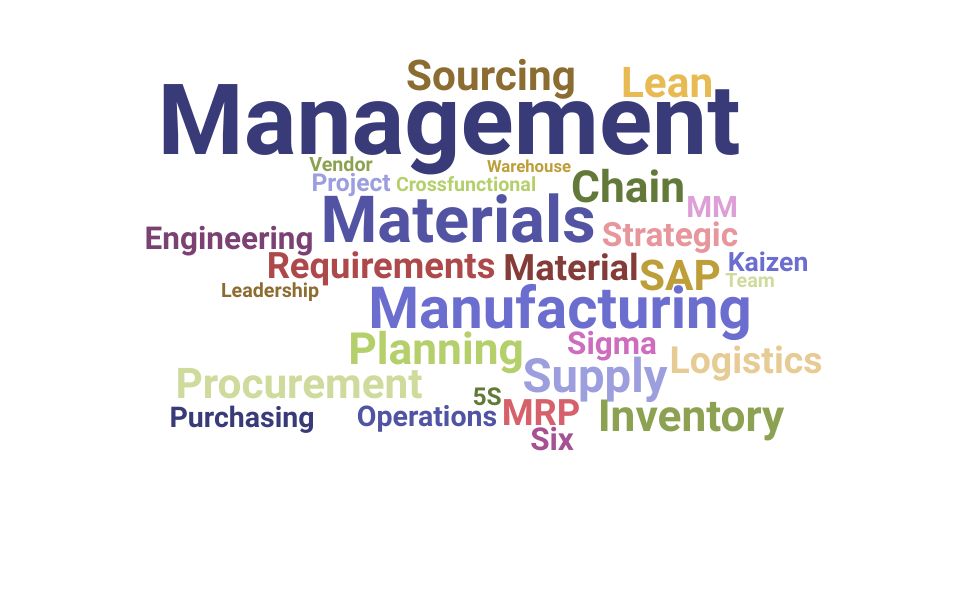
Materials management is a critical aspect of the supply chain that involves the acquisition, handling, and utilization of resources needed for the production of goods or services. Effective materials management can help organizations reduce costs, improve production efficiency, and optimize their inventory levels.
In this article, we will provide an easy understanding of materials management, including its functions, importance, and best practices.
Functions of Materials Management
The primary functions of materials management include:
- Planning: This involves forecasting the demand for materials, determining the quantity of materials needed, and scheduling their delivery to ensure that they are available when needed.
- Purchasing: This function involves identifying suppliers, negotiating contracts, and purchasing materials at the lowest possible cost while maintaining quality standards.
- Inventory Control: This involves managing the levels of inventory to ensure that the right amount of materials is available at the right time to avoid stockouts or excess inventory.
- Warehousing: This involves storing and managing materials in a warehouse, including receiving, inspecting, and distributing materials.
- Transportation: This involves moving materials from one location to another, including coordinating transportation services, selecting carriers, and tracking shipments.
Importance of Materials Management
Effective materials management is essential for several reasons, including:
- Cost Savings: By optimizing the purchasing and inventory management processes, organizations can reduce costs associated with purchasing, storage, and transportation of materials.
- Improved Production Efficiency: By ensuring that materials are available when needed, organizations can minimize production delays, reduce downtime, and improve production efficiency.
- Better Customer Service: By managing inventory levels and ensuring that materials are available when needed, organizations can improve customer service levels by reducing lead times and avoiding stockouts.
Best Practices in Materials Management
To ensure effective materials management, organizations should follow these best practices:
- Establish Clear Policies and Procedures: Organizations should have clear policies and procedures in place to govern the purchasing, inventory control, warehousing, and transportation of materials.
- Use Technology: Organizations should leverage technology to improve the efficiency of materials management processes, including using inventory management systems and transportation management systems.
- Develop Strong Supplier Relationships: Organizations should develop strong relationships with suppliers to ensure reliable delivery of quality materials at competitive prices.
- Implement Continuous Improvement Processes: Organizations should regularly evaluate their materials management processes to identify areas for improvement and implement changes as needed.
In conclusion, effective materials management is critical for the success of any organization. By following best practices and leveraging technology, organizations can optimize their materials management processes and achieve significant cost savings, improve production efficiency, and enhance customer service levels.








